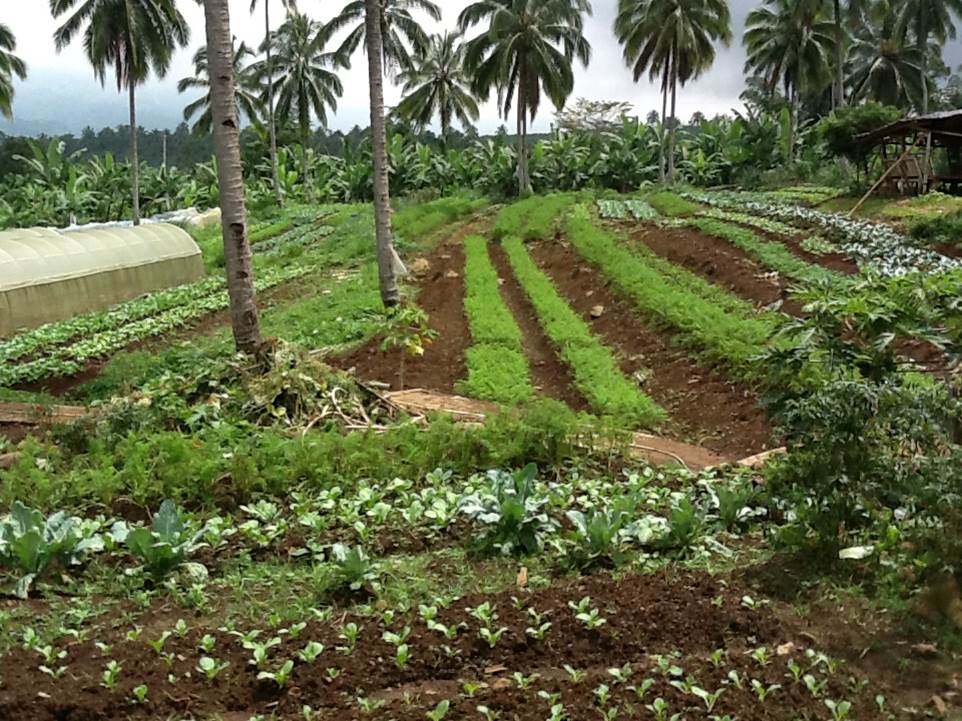
Proliferation of genetically modified and chemically produced crops feared by health and environmental conscious Dabawenyos will have no place in Brgy. Sibulan once it is declared as Davao city’s first organic agriculture zone.
Davao City Agriculturist Office supported by Association of Davao Organic Advocates await for the Executive Order to be issued by the City Mayor that will prohibit all synthetic and chemical-based farm inputs. The resolution and recommended provisions were endorsed to the City Legal Office last month.
Davao city’s Organic Agriculture ordinance mandates that organic agriculture cannot co-exist with genetically-modified crops, chemically produced crops and related organisms, both living and non-living.

Further, environment advocates are pushing for the Executive Order to require the establishment of a minimum 40-meter buffer zone between organic agricultural zone and adjacent or nearby non-organic agricultural areas. The buffer zone is seen to preserve the integrity of the area and prevent contamination from non-organic practices in nearby areas.
The Sangguniang Barangay of Sibulan has reiterated the call to fast track the approval of the resolution they passed way back in 2014.
Sibulan is home to third-party certified organic farms managed by the Foundation of Agrarian Reform Cooperatives in Mindanao (FARMCOOP) with 110.61 hectares of organic banana and 106.65 hectares of organic cacao and coffee exported to Japan.
The organic agriculture practice enacted as RA 10068 or Organic Agriculture Act of 2010 is promoted in the country for its manifold advantages including consumers’ health, savings from imported farm inputs, long-term farm productivity with enriched soil fertility, and environmental benefits for reduced pollution and preservation of biodiversity.
